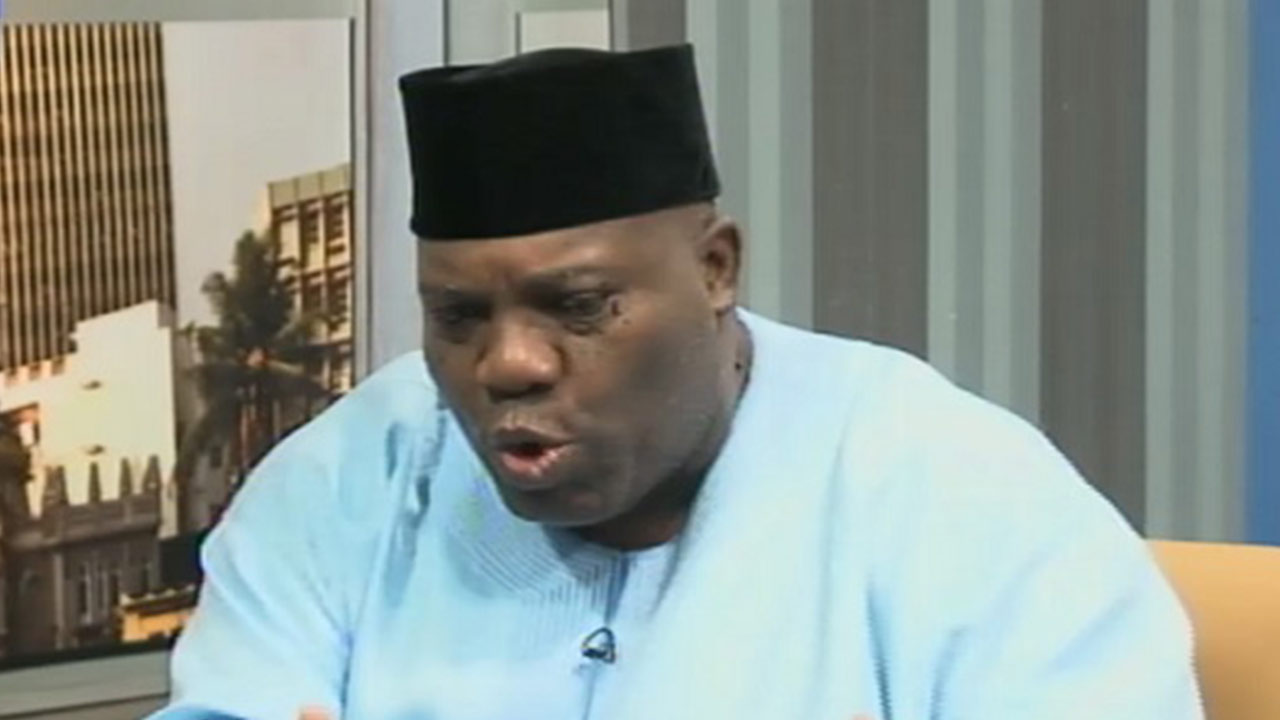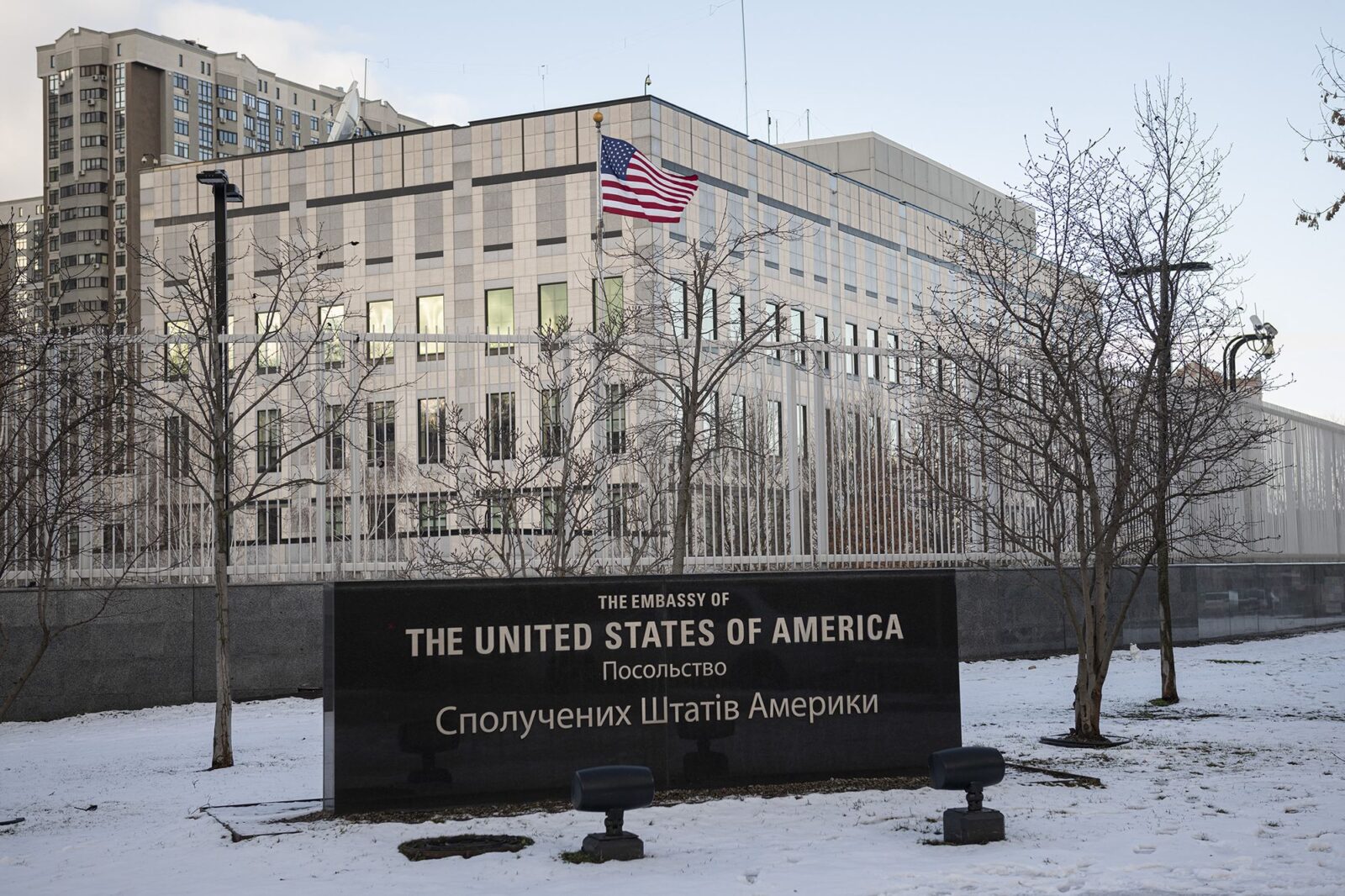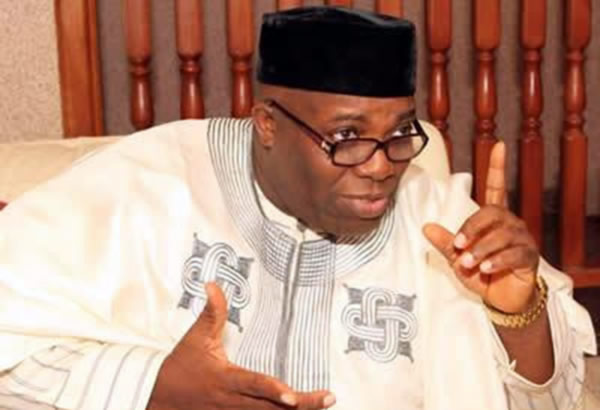The Nigerian Naira plunged deeper into uncertainty in the black-market exchange, trading as low as N1,750/$ during midweek sessions in Lagos, the country’s financial hub.
This sharp decline reflects mounting pressure from high demand for dollars and a widening foreign exchange (FX) supply gap, with analysts predicting further depreciation in the coming weeks.
Data from the FMDQ Exchange revealed slight gains in the official forex market, where the Naira appreciated by N11.4/$, climbing to N1,690/$ from Monday’s rate.
However, this recovery was overshadowed by a decline in market liquidity. Daily forex turnover fell from $173.14 million on Monday to $128.59 million on Tuesday, indicating reduced dollar inflows and heightened market volatility.
Despite the Central Bank of Nigeria’s (CBN) forex reserves reaching a 32-month high of $40 billion, market fundamentals remain weak.
Analysts attribute the Naira’s 70 per cent depreciation since mid-2023 to challenges including low oil production, declining foreign direct investment (FDI), high inflation, and tighter global monetary policies.
“These structural issues continue to undermine the effectiveness of monetary reforms aimed at stabilizing the Naira,” remarked Bismarck Rewane, CEO of Financial Derivatives Company.
The introduction of a managed float for the Naira, a policy shift implemented by President Bola Tinubu’s administration, was initially lauded as a step toward attracting foreign investment.
However, inflation surged to a three-decade high, exacerbating a cost-of-living crisis for Nigerians.
The naira’s decline has also been fueled by seasonal spikes in dollar demand for overseas tuition, Christmas vacations, fuel imports, and dollar-based savings.
Businesses with dollar-denominated loans are scrambling to reduce their exposure, despite high local borrowing costs.
“Until Nigeria resolves its oil production bottlenecks and diversifies export revenue streams, the naira will remain under intense pressure,” said Ayodeji Ebo, Managing Director at Optimus by Afrinvest.
Globally, the dollar retreated slightly from a one-week high, with the dollar index at 106.07 points early Wednesday. Profit-taking and overbought technical indicators contributed to the pullback, but strong U.S. economic data has kept the greenback buoyant overall.
Meanwhile, geopolitical tensions, including Russia’s recent announcement on nuclear strategy, briefly elevated safe-haven currencies such as the yen.
Still, economists caution that fiscal spending under the Biden administration could lead to sustained inflationary pressures globally, indirectly affecting emerging markets like Nigeria.
With the Federal Reserve signaling potential rate cuts, analysts are divided on the Naira’s trajectory.
However, most agree that without significant interventions to bolster forex inflows and reduce speculative demand, the unofficial market could see rates surpass N1,800/$ in the near term.
“There’s no quick fix,” emphasized Rewane. “Nigeria needs structural reforms, robust policies to improve its trade balance, and consistent measures to instill confidence in the forex market.”
The CBN is under increasing pressure to stabilize the Naira while managing inflationary risks—a delicate balancing act that will test the resilience of Nigeria’s monetary policy framework.

 4 hours ago
5
4 hours ago
5













